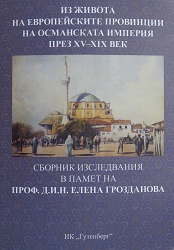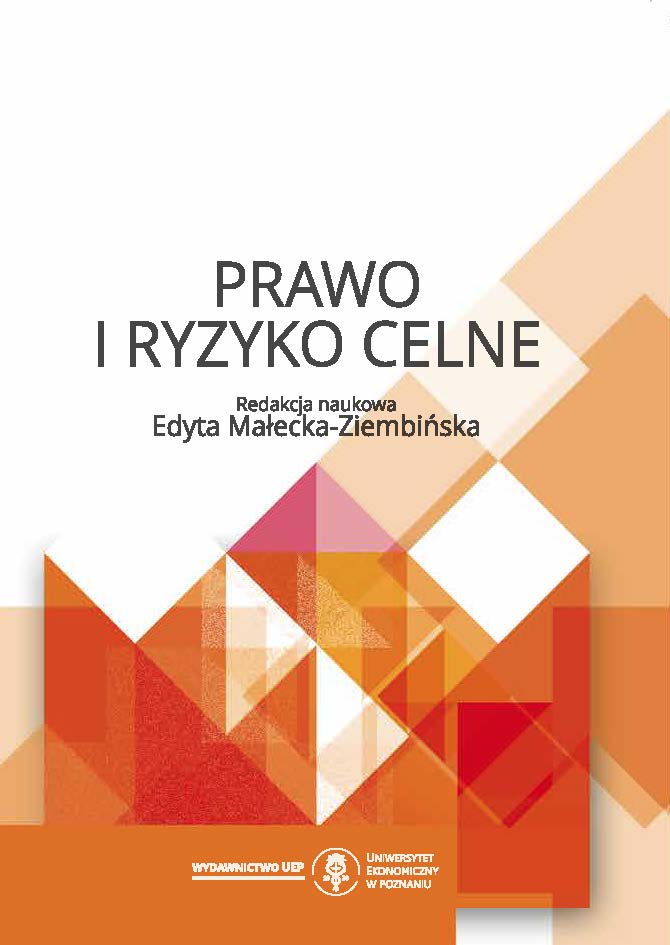
Една делиорманска аянска история от края на XVIII век
This article is an attempt at micro-history of an individual ayan (local notable) - Elhac Omeroglu Haci Omer aga - ayan of Hezargrad (Razgrad) in a prolonged period betwen the early 80-s up to his death in 1800. The sources used by the author are mostly single documents from the funds of Basbakanlik Osmanli Arsivi (Istanbul) and the Oriental Department at Sofia's National Library. As far as court records (sicills) remain irreplaceable for the study of a local institution as ayanlik the author had a chance to find some documents complementing the story of the ayan of Razgrad in the court records of the neighboring kazas (administrative districts) - namely Ruscuk (Ruse) and Hacioglu Pazari (Dobrich). Central issue of this paper is the ayanship of Haci Omer aga in the 1787-1792 Ottoman war against Russia and Habsburg Monarchy. The documents shed light on the functioning of the provincial administration in crucial moment when t he war deeply affected everyday life as the province became a battleground. The second half of the 18th century marked the point of Ottoman history where irregular troops composed the largest segment of the army. The local notables assumed a very important role in Ottoman wartime politics because of their indispensable function in manning the army with mercenaries from the province and furthermore - the mobilization of local resources for different war exigencies. This process had a clear repercussion in the documents concerning Haci Omer aga - he is among the ayans addressed by name in the orders of the central government to provide irregular troops. The most important aspect of the story here are the details that reviewed the important role of the ayans from there borderland territories in the precedent as the winter war activity of the Russian army in 1788/9 campaign. The cumbersome effect of the war on the people and respectively the ayan of the region at discussion, the difficulties of providing the sultan with the level of aid that was requested and par excellence the accusation of Haci Omer aga in embezzlement resulted in an order for his execution and also the confiscation of his property. The transgressor had the chance to escape his death, to find refuge, and half a year later the state revoked the prosecution and reimbursed Omera aga at his previous position. The reason for this turn of the state politics was his proficiency in providing troops and tax revenues for the coming war campaign. The magnanimity of the sultan proceeded in bestowal of a robe of honour (fur-lined coat) for the endeavour of the ayan to fulfill his engagements. The problems posed in this article implied some typified renderings of loyalty in ayan context. But furthermore the micro-history gives some details - the multifaceted relationship between the central government and the ayan could be seen also as symbiosis. The state turned a blind eye on some of the local elite transgressions for their indispensable administrative capacity at that stage of the Ottoman history.
More...
